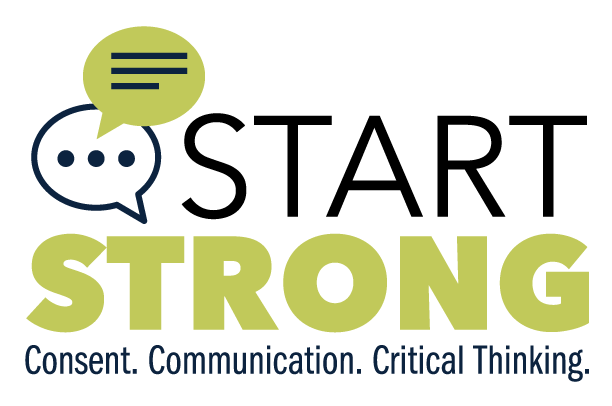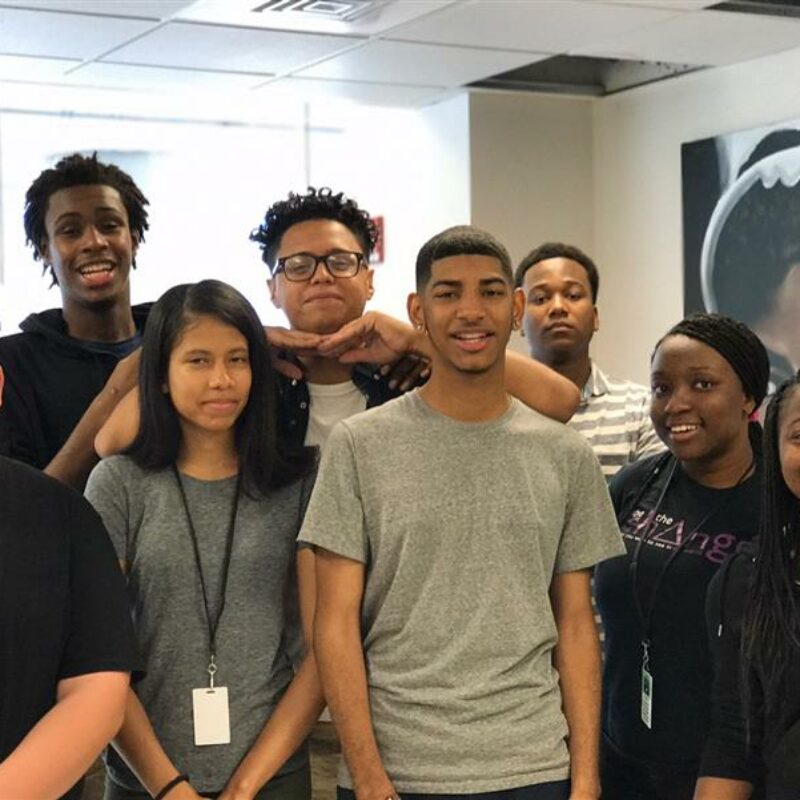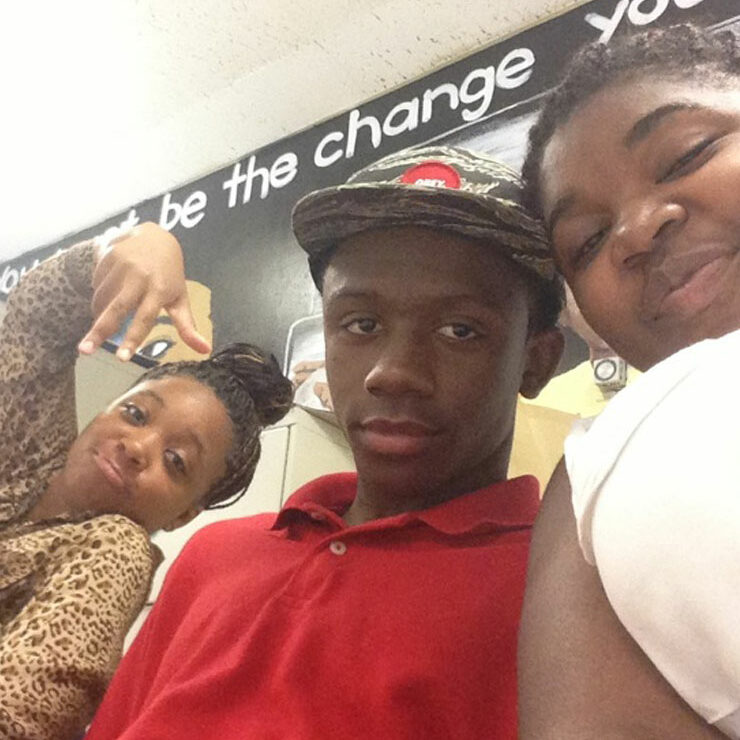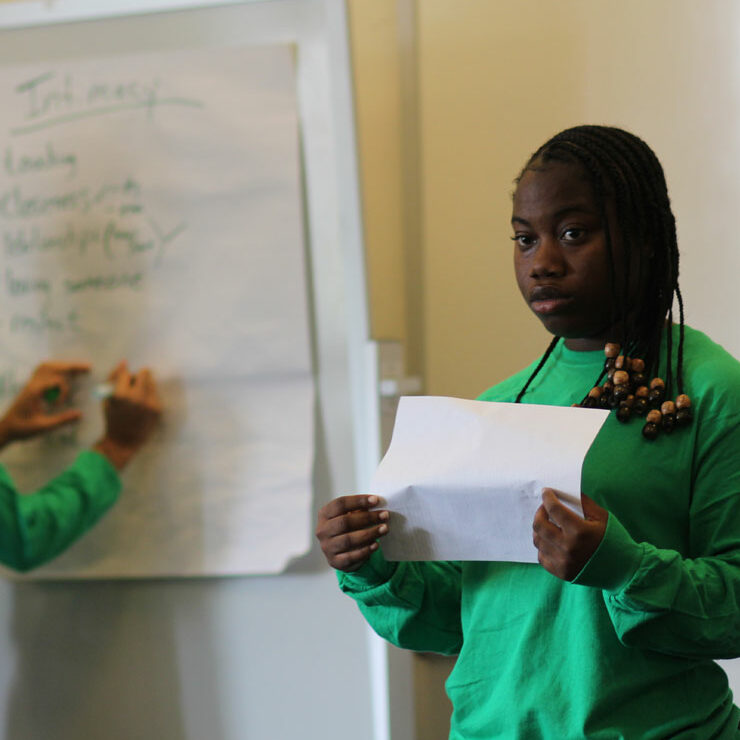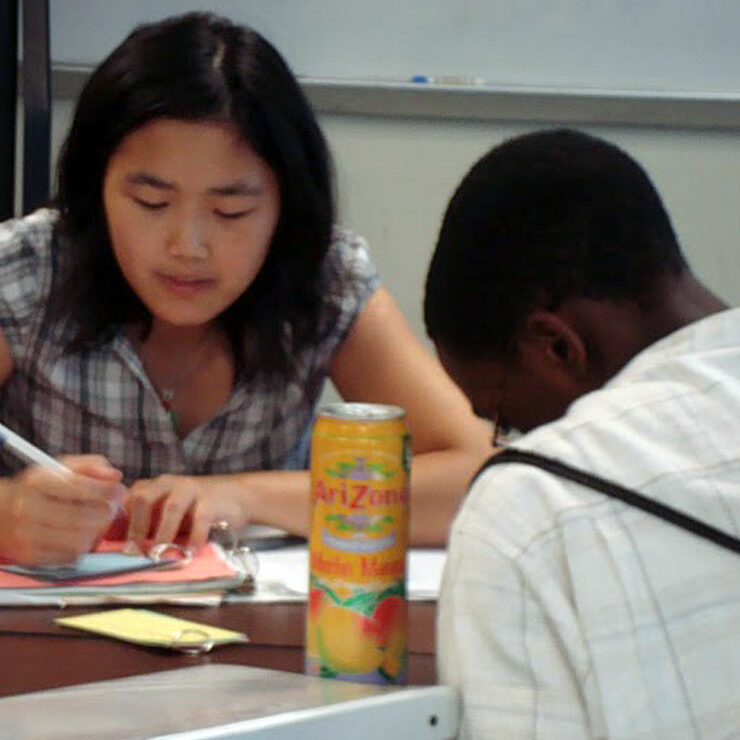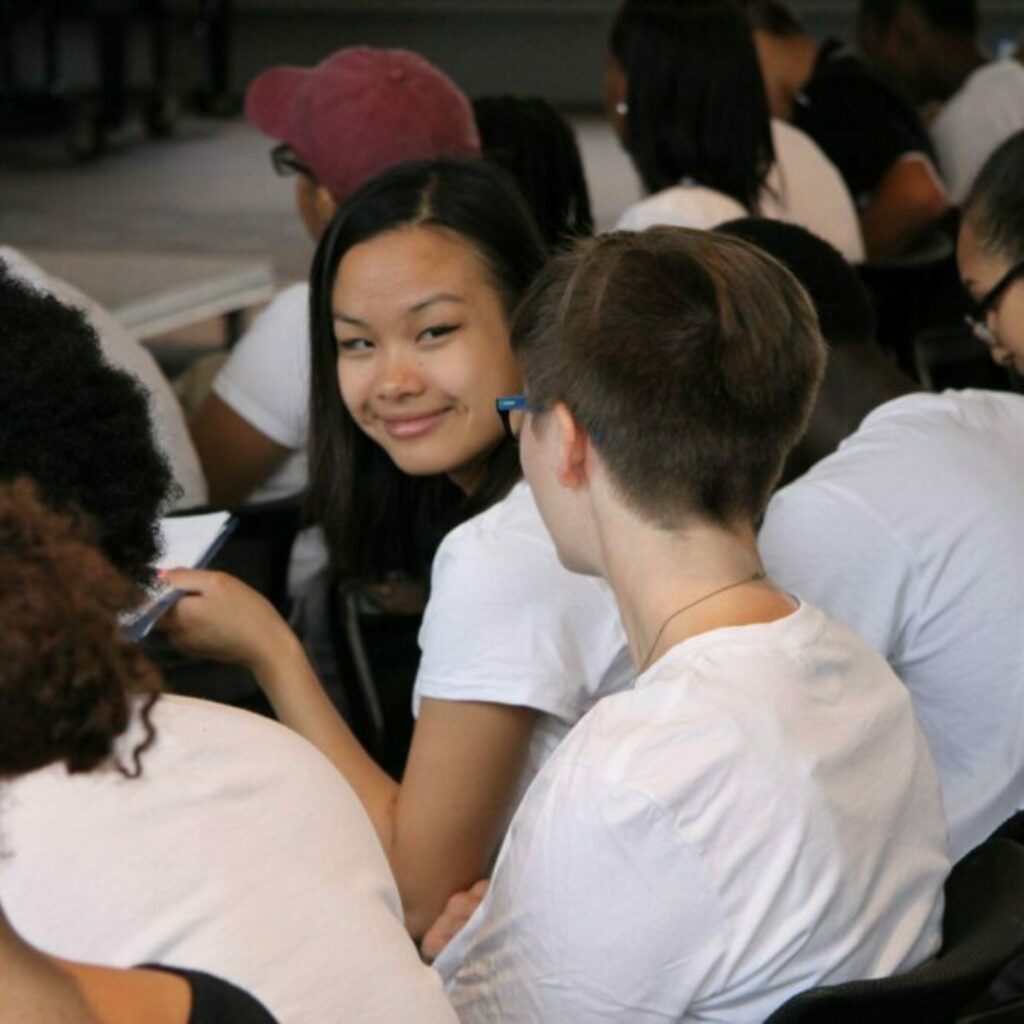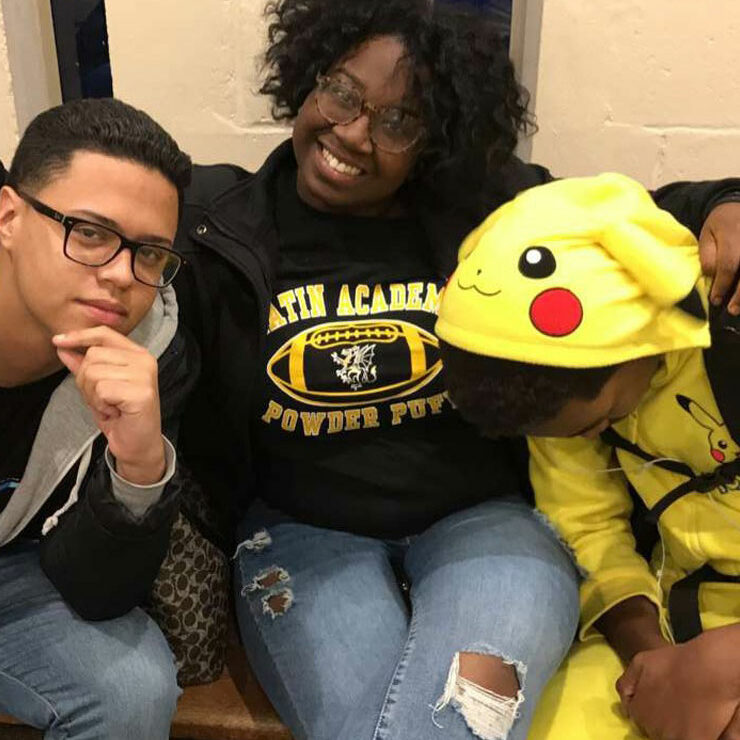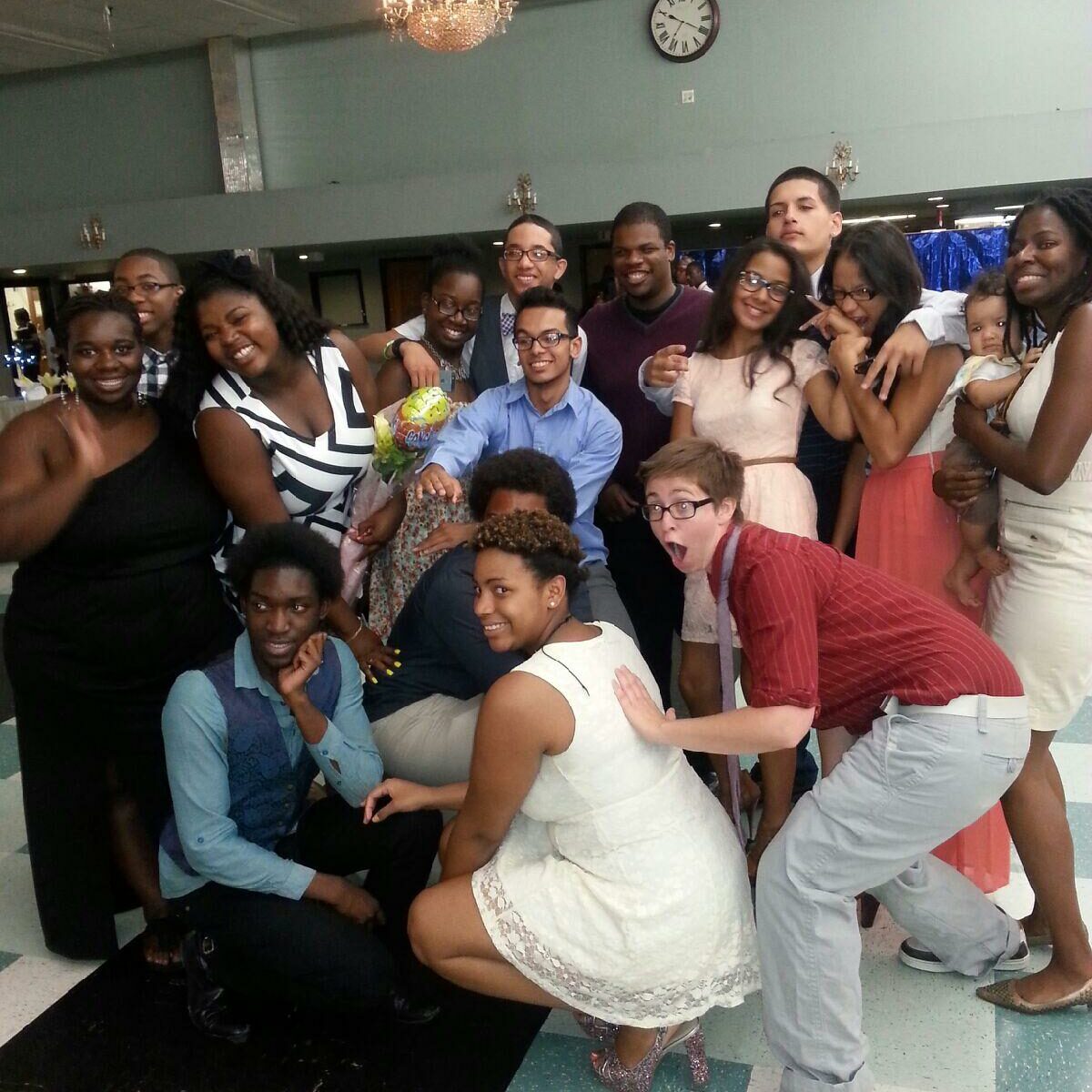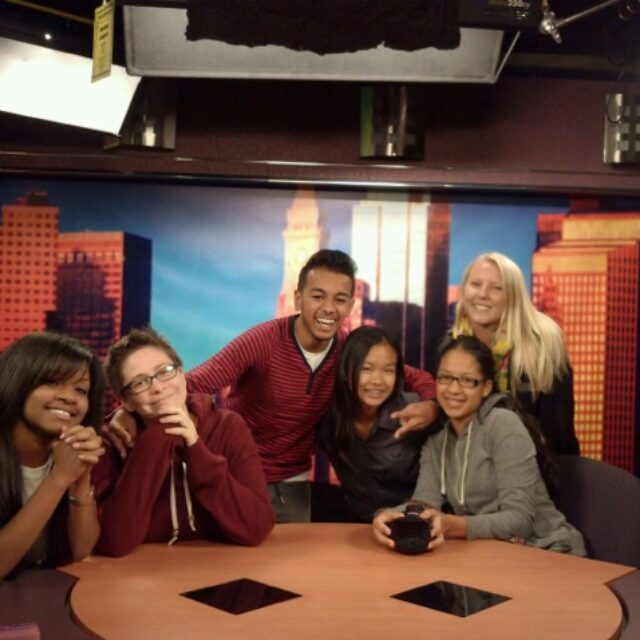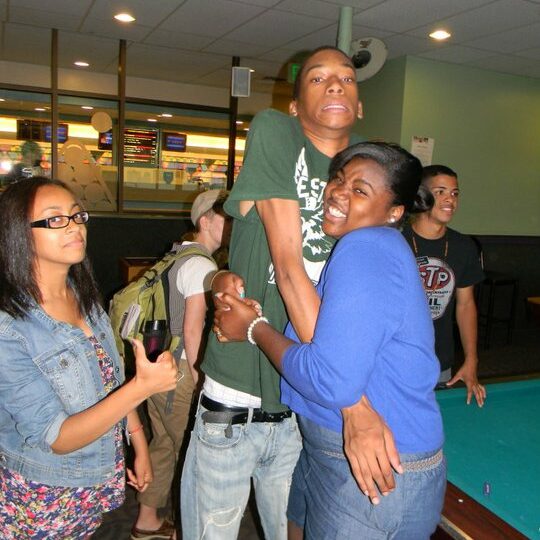
& Teen Dating Statistics

Local Teen Dating Statistics
Relationships & Abuse
Peer Leadership
Gender Identity
Consent & Assault
Social Media
Regarding healthy versus unhealthy relationships, warning signs of an unhealthy relationship, and five types of abuse:
Unhealthy relationships can start early and last a lifetime. Teens often think some behaviors, like teasing and name-calling, are a “normal” part of a relationship. However, these behaviors can become abusive and develop into more serious forms of violence.
Among Massachusetts high school students who have dated:
24.3% report having experienced controlling behaviors on the part of a dating partner or someone they were going out with.
10% report having been hurt physically by a date or someone they were going out with.
The experience of ever having been physically hurt by a date is more common for:
Female students than male students (13.8% vs. 6.3%)
Gay, lesbian and bisexual students than heterosexual students (29.8% vs. 8.4%)
Hispanic students than White students (13.0% vs. 9.4%)
Students with disabilities than students without disabilities (18.3% vs. 6.4%)
Nationally, among high school students who dated, 21% of females and 10% of males experienced physical and/or sexual violence. More than half of women (69.5%) and men (53.6%) who have been physically or sexually abused, or stalked by a dating partner, first experienced some form of partner abuse between 11 and 17 years of age.
References
National Center for Injury Prevention and Control. U.S. Centers for Disease Control and Prevention. Understanding Teen Dating Violence fact sheet. 2016.
MA Department of Public Health Office of Data Management and Outcomes Assessment, Health Survey Program. MA Youth Health Survey data. 2015 .
Vagi KJ, Olsen EOM, et al. Teen Dating Violence (Physical and Sexual) Among U.S. High School Students: Findings from the National Youth Risk Behavior Survey. JAMA Pediatrics. 169 (5). 2015.
Breiding, MJ, Chen, J, and Black, MC. Intimate Partner in the United States - 2010. National Center for Injury Prevention and Control. U.S. Centers for Disease Control and Prevention. 2010.
Regarding peer leadership:
Peer leadership models have been used for a range of health education and promotion topics, including sexual health, substance use and dating violence, in the past 30 years. Many practitioners favor peer education based on the belief that adolescents communicate better with one another than adults communicate with youths.
Research has shown that youth already turn to peers for advice and support when experiencing dating violence, so it is logical that they respond well to peer leaders. Peer leadership is empowering, engages attention, and offers role models for youth receiving education. Studies have reported that peer leaders can “convey information and communicate with their peers in ways that professional staff cannot. They can influence peers’ behaviors, be a role model and disseminate information using the language of peers… in a nonthreatening manner.”
Another key point is that peer education or peer leadership can be rewarding and educational for the peer leaders. Studies have shown “improved communication skills and personal relationships” in peer leaders.
References
- Turner, G., & Shepherd, J. (1999). A method in search of a theory: Peer education and health promotion. Health Education Research, 14(2), 235–247.
- Arlene N. Weisz & Beverly M. Black (2010) Peer Education and Leadership in Dating Violence Prevention: Strengths and Challenges, Journal of Aggression, Maltreatment & Trauma, 19:6, 641-660, DOI: 10.1080/10926771.2010.502089
- Edelstein, M. E., & Gonyer, P. G. (1993). Planning for the future of peer education. Journal of American College Health, 41, 255–257.
- Sloane, B. C., & Zimmer, C. G. (1993). The power of peer health education. Journal of American College Health, 41, 241–245.
- Durlak, J. A. (1997). Successful prevention programs for children and adolescents. New York: Plenum.
- Paciorek, L. B., Hokoda, A., & Herbst, M. T. (2003). A peer education intervention addressing teen dating violence: The perspectives of the adolescent peer educators. Family Violence and Sexual Assault Bulletin, 19(4), 11–19.
- Avery-Leaf, S., & Cascardi, M. (2002). Dating violence education in schools: Prevention and early intervention strategies. In P. A. Schewe (Ed.), Preventing violence in relationships: Interventions across the life span (pp. 79–106). Washington, DC: American Psychological Association.
- Black, B.M., Tolman, R. M., Callahan, M., Saunders, D. G., & Weisz. A. N.(2008). When will adolescents tell someone about dating violence victimization? Violence Against Women, 14(7), 741–758.
- Ocampo, B. W., Shelley, G. A., & Jaycox, L. H. (2007). Latino teens talk about help seeking and help giving in relation to dating violence. Violence Against Women, 13(2), 172–189.
Regarding gender identity:
Among MA high school students who have dated, the experience of ever having been physically hurt by a date is more common for GLBT students than heterosexual students (29.8% vs. 8.4%).
Lesbian, gay and bisexual (LGB) youth are more likely to experience physical and psychological dating abuse, sexual coercion, and cyber dating abuse than their heterosexual peers.
Forty-four percent of lesbian women and 61% of bisexual women, compared to 35% of heterosexual women, experienced rape, physical violence, and/or stalking by an intimate partner in their lifetime. And 26% of gay men and 37% of bisexual men experienced rape, physical violence and/or stalking by an intimate partner at some point in their lifetime.
References
MA Department of Public Health Office of Data Management and Outcomes Assessment, Health Survey Program. MA Youth Health Survey data. 2015.
Dank M, Lachman P, et al. Dating Violence Experiences of Lesbian, Gay, Bisexual, and Transgender Youth. Journal of Youth and Adolescence. 43 (5). 2014.
National Intimate Partner and Sexual Violence Survey (NISVS). U.S. Centers for Disease Control and Prevention. 2010 report.
Regarding consent, sexual assault, and supporting survivors:
Nationwide, 7.4% of students report having ever been physically forced to have sexual intercourse when they did not want to. The prevalence was higher among female (11.3%) than male (3.5%) students. Of those same students, 5.4% of heterosexual students vs. 21.9% of gay, lesbian and bisexual students report having ever been physically forced to have sexual intercourse when they did not want to.
Females ages 16-19 are 4 times more likely than the general population to be victims of rape, attempted rape, or sexual assault.
One in five female public high school students in a MA study who reported ever experiencing physical or sexual violence from a dating partner were four to six times more likely than their non-abused peers to have been pregnant, and eight to nine times more likely to have attempted suicide in the past year.
Of 201 Boston youth surveyed about dating violence, 71% said they had never sought services for a friend in an unhealthy/abusive relationship. They said that if they did reach out, they would feel more comfortable if the support was confidential and anonymous, respectful and non-judgmental, relatable and a good listener.
References
Youth Risk Behavior Surveillance – United States, 2017. U.S. Centers for Disease Control and Prevention. Morbidity and Mortality Weekly Report. June 15, 2018.
Department of Justice, Office of Justice Programs, Bureau of Justice Statistics, Sex Offenses and Offenders. 1997.
Silverman J, Raj A, et al. Dating Violence Against Adolescent Girls and Associated Substance Use, Unhealthy Weight Control, Sexual Risk Behavior, Pregnancy, and Suicidality. JAMA. 2001.
Casa Myrna Vazquez and the Start Strong program of the Boston Public Health Commission. 2017.
Regarding social media's influence on relationships and online boundaries:
Teens believe that dating abuse via technology via email, text, IM, phone, and social media is a serious problem.
Of teens who have been in a relationship:
One in three (30%) say they’ve been text messaged 10, 20, or 30 times an hour by a partner to find out where they are, what they’re doing, and who they’re with.
One in four (25%) say they have been called names, harassed, or put down by their partner though cell and text. One in ten (10%) report they have been threatened physically through cell, text, or IM.
One in five (19%) say their partner has used a cell or social media to spread rumors about them. And more than one in ten (11%) report a partner has shared private or embarrassing pictures/videos of them.
17% say their partner has made them afraid not to respond to a call, email, text, or IM because of what they might do.
References
- Fifth & Pacific Companies (formerly Liz Claiborne Inc.) and TRU. Tech Abuse in Teen Relationships Study. 2007.
Healthy Relationship Workshops
All workshops are free: contact us to learn more. Workshops are a minimum of 60 minutes and are offered as single sessions, modules, or full curricula.
Prevention Workshops
Teen Dating Violence
Break-Ups
These three prevention-based workshops focus on understanding unhealthy and abusive behaviors. This series is comprised of three individual workshops on the 5 types of abuse, warning signs, and how to help a friend.
Dealing with breakups is often difficult and rarely discussed. Every year Start Strong hosts a Break Up Summit to create a safe space for young people all around Boston to discuss breakups. Over 50 workshops covering various themes exist. Contact us to find the best workshop for your agency or check out more information on the Break Up Summit.
Promotion Workshops
These four promotion-based workshops focus on building and integrating healthy relationship behaviors into participants’ lives. This series is comprised of four individual workshops on communication, conflict resolution, trust, and support.
Watch "The Halls" Trailer
Media Literacy Workshops
The Halls: Web Series
"The Halls" uses storytelling as an educational tool to understand nuanced and intersectional behavior to prevent teen dating violence and promote healthy relationships.
Season 1 tells the stories of three young men in Boston and their struggles sifting through relationships, trauma, masculinity, and their own identities.
Season 2 tells the stories of two couples and a survivor of sexual violence as they navigate trauma, identity, boundaries, consent, and healthy relationships.
Sexually Explicit Media Literacy Training
- Sexually Explicit Media 101
- The History of Sexually Explicit Imagery
- Norms Related to Violence and Double Standards Regarding Sex
- The Adolescent Brain and Porn
- Healthy Intimacy
- Healthy Flirting, Dating, and Caring for Other People
- Commercial Sexual Exploitation
- Revenge Pornography
- Upstander Behavior
Media Tools
This series provides young people with tools to unpack and analyze how their media diet impacts their behavior, relationships, and ideologies.
Sound Nutrition Label: Unpacks the healthy and unhealthy relationship messages teens receive in their lyrical diet
The True View Tool: Discuss how visual media (like music videos, television, or movies) portray healthy/unhealthy relationships
Reel Binary: Promotes critical thinking towards television shows and movies in how they portray gender.
Adult Workshops
Adult Series
This series covers everything from an overview of Start Strong, youth development, trauma informed practices, and supporting your young people. Content can be created or tailored for your agency.
Start Strong Train the Trainer
(one full day training, offered bi-annually)
This six hour, interactive training, will cover youth development, trauma informed practices, supporting our young people, and how to implement Start Strong tools in your programming.
The Halls Train the Trainer
(one full day training, offered bi-annually)
This six hour, interactive training, will cover both seasons of THE HALLS. We’ll spend time watching, reviewing the discussion guide, and working with you to discover how to best implement the conversation at your site.
Porn Literacy Train the Trainer
(one full day training, offered bi-annually)
This six hour, interactive training, covers our 9 Session Pornography Literacy Curriculum. Participants will learn about our approach/philosophy, review the latest research, and practice the discussion guide. This session costs $300 and includes the curriculum, access to facilitators around the world, and technical assistance.
Start Strong discusses porn literacy
Start Strong discusses how pornography and media affect the way that young people view normalcy in relationships.
Experience from a Peer Leader
All of Start Strong’s work is youth-created, -driven, or -inspired, which means that youth are the heart of our program.
In total, our Peer Leaders have led more than 300 trainings, with over 26,000 participants, since 2008.
First coming to start strong I didn’t have a clue what I was getting into, except I was getting paid. My first summer, I took advantage of the media classes and teen dating violence 101. I found the stuff interesting and relevant so it stuck with me. When the fall came it was easy to remember the stuff I learned in the summer but it was difficult to incorporate in the classroom and workshops we presented. Over time I learned how to and I believe start strong has given me some of the most essential tool for me to use as I go into a profession. Being able to speak in public, prepare big events, promotion and the ability to work with others is something that most people can’t do. Start Strong has delivered that in a fun way. Until now I can say I didn’t know I was learning so much and impacting my community as I have.


